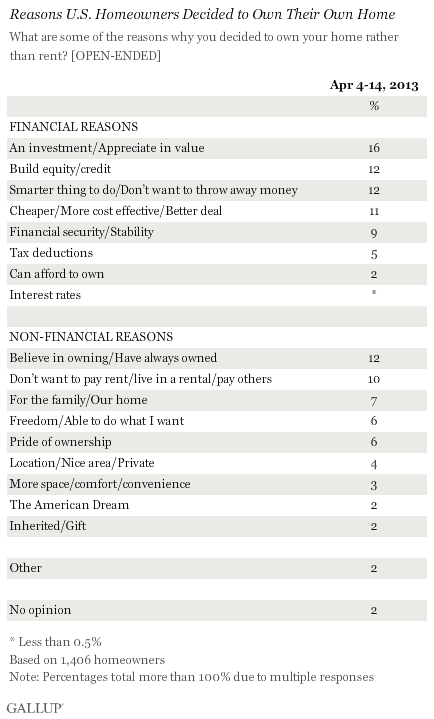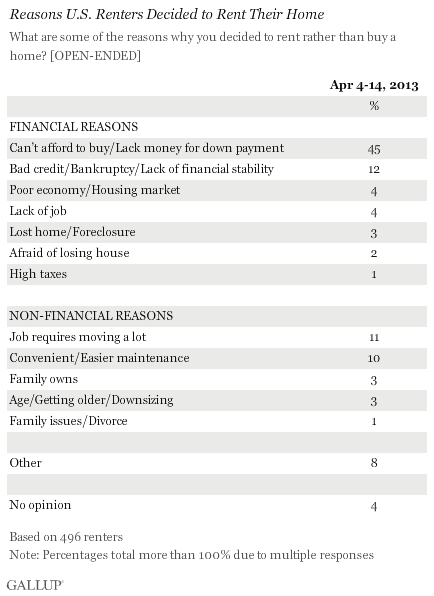From NJBIZ:
Labor reports jobless rate hits lowest level in four years
New Jersey’s unemployment rate dropped to its lowest level in four years in April, falling by 0.3 percentage points to 8.7 percent, according to new figures from the New Jersey Department of Labor and Workforce Development.
The new rate continues a sharp drop since January, when the unemployment rate was 9.5 percent. The report also showed the state added a net sum of 3,300 jobs in April, with 4,100 new private-sector jobs more than offsetting a loss of 800 public-sector jobs.
Joel Naroff, president at Naroff Economic Advisors, said the number probably represents a more accurate picture of the labor market than the much-higher numbers of the winter.
“On the unemployment rate, it’s probably as much a statistical issue as it is anything else,” he said.
Naroff said the 9.5 percent and 9.6 percent unemployment rates of the winter months coincided with very high estimates of the growth of New Jersey’s labor pool. That matters because the rate is based on an estimate of the number of people working and those actively looking for a job. During the highest-rate months, New Jersey’s labor pool was said to be growing by 1.5 percent, more than three times faster than the national labor pool’s estimated growth, Naroff said. Such a high rate of growth never made sense, he said.
“It’s not that the state is doing well, but it’s not doing that badly,” he said. “And I think the indication of that is the payroll numbers, where we have a fairly decent growth in the number of nonfarm jobs over the year.”
…
“The marked decline in unemployment over the last year mainly reflects the ongoing gains in jobs we are experiencing,” he said, noting that the state added nearly 60,000 jobs from April 2012 to April 2013.
…
Naroff said the numbers are likely to have a significant political impact, but he’s more concerned with the reality for job seekers; a reality he said is still far from ideal.“I think people are going to look at 8.7 and say ‘Oh, gee, that doesn’t help us a whole lot,’ ” he said. “It’s better than it had been. But it’s not good. The unemployment rate is simply too high.”


